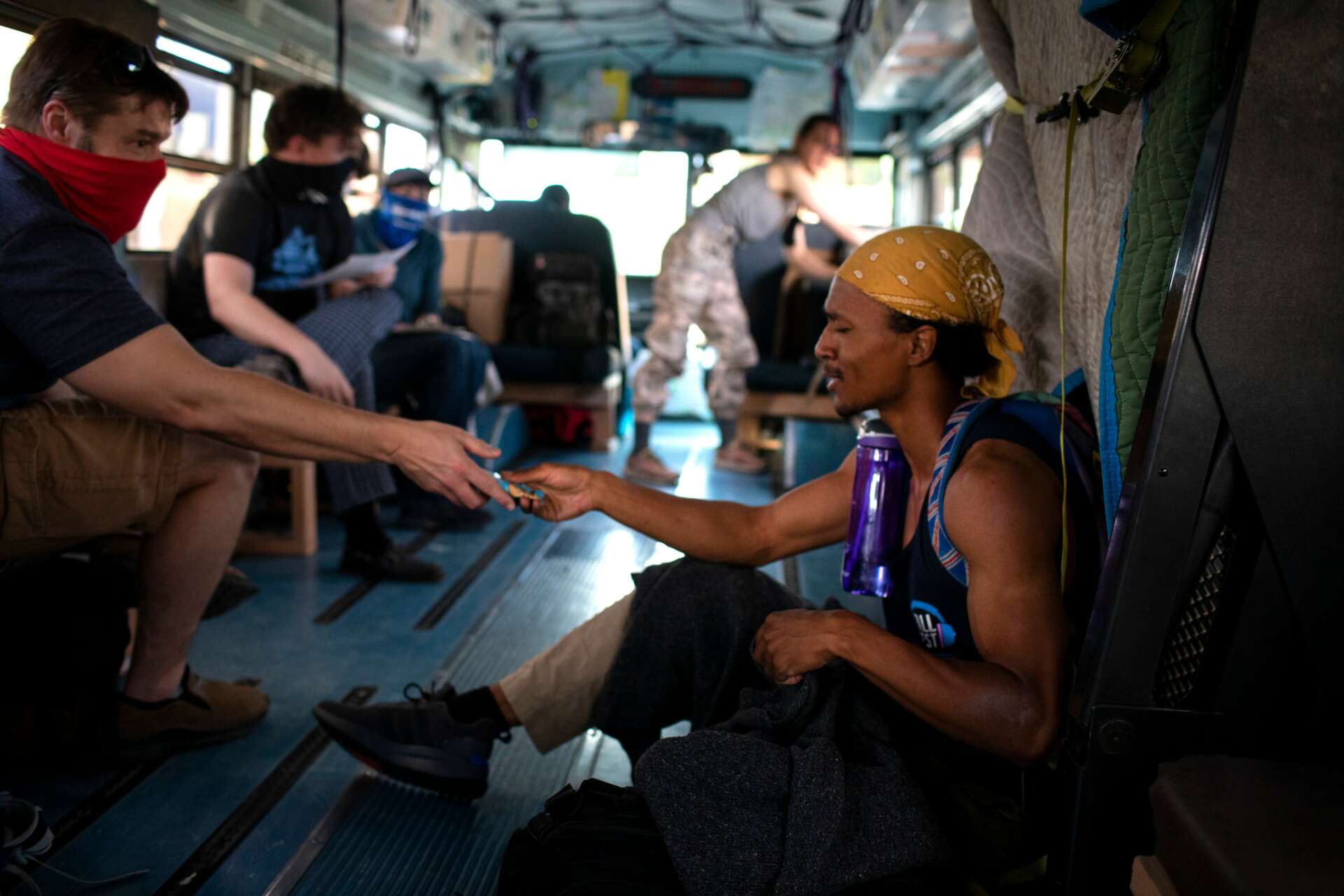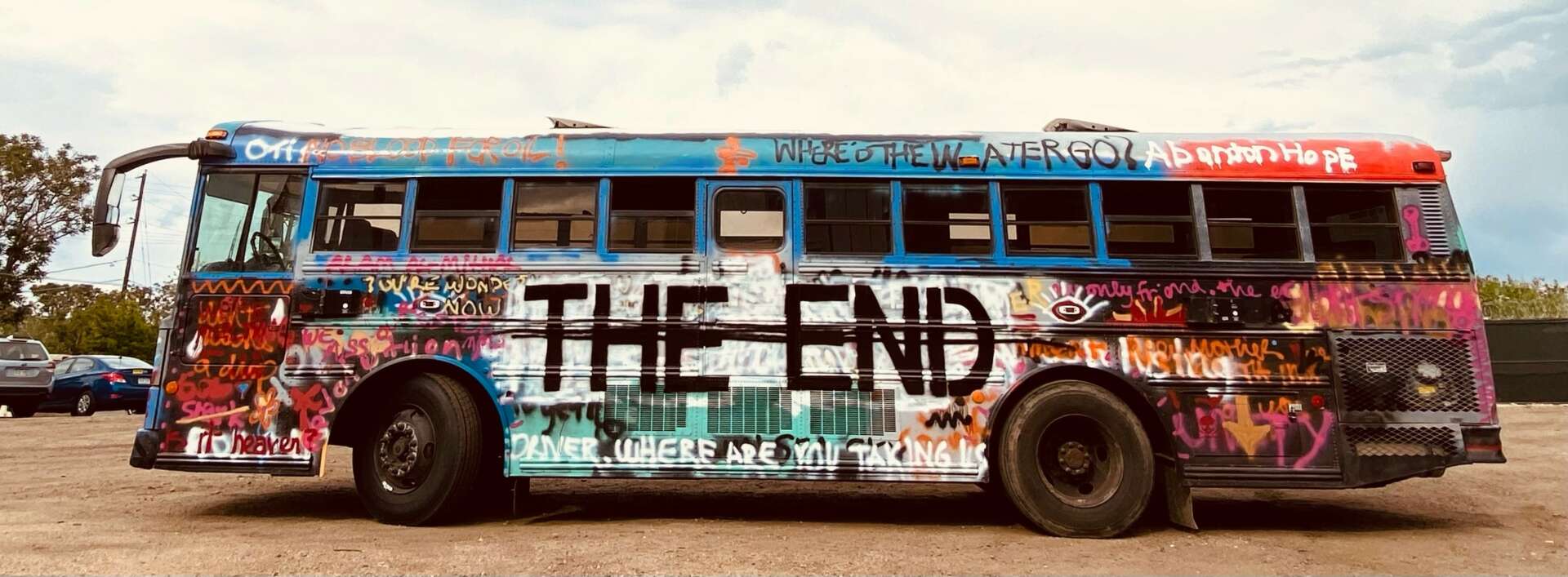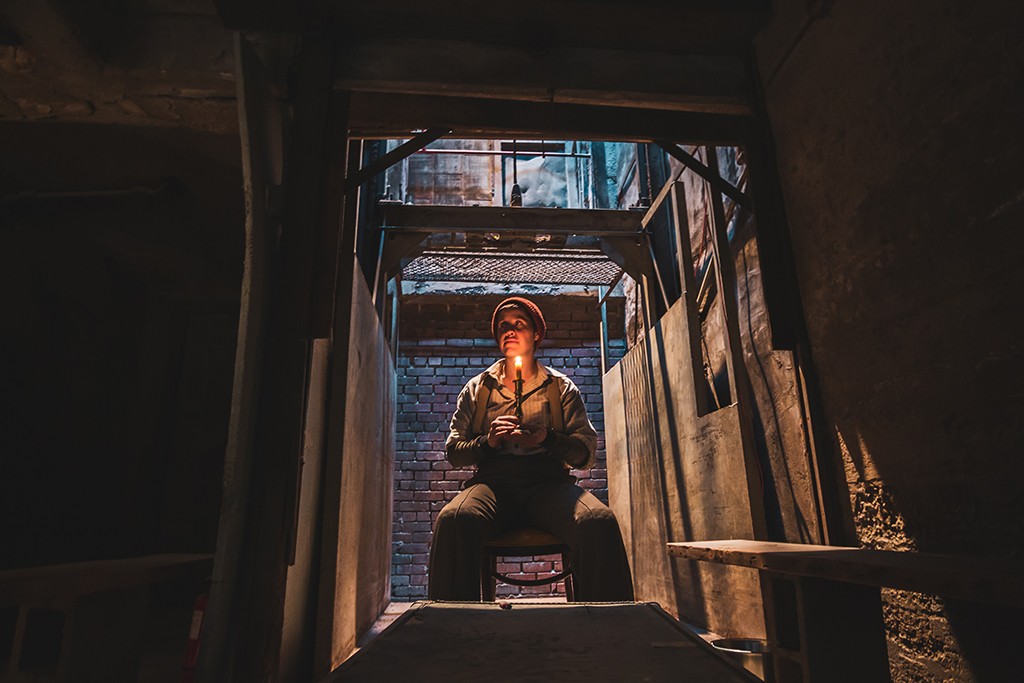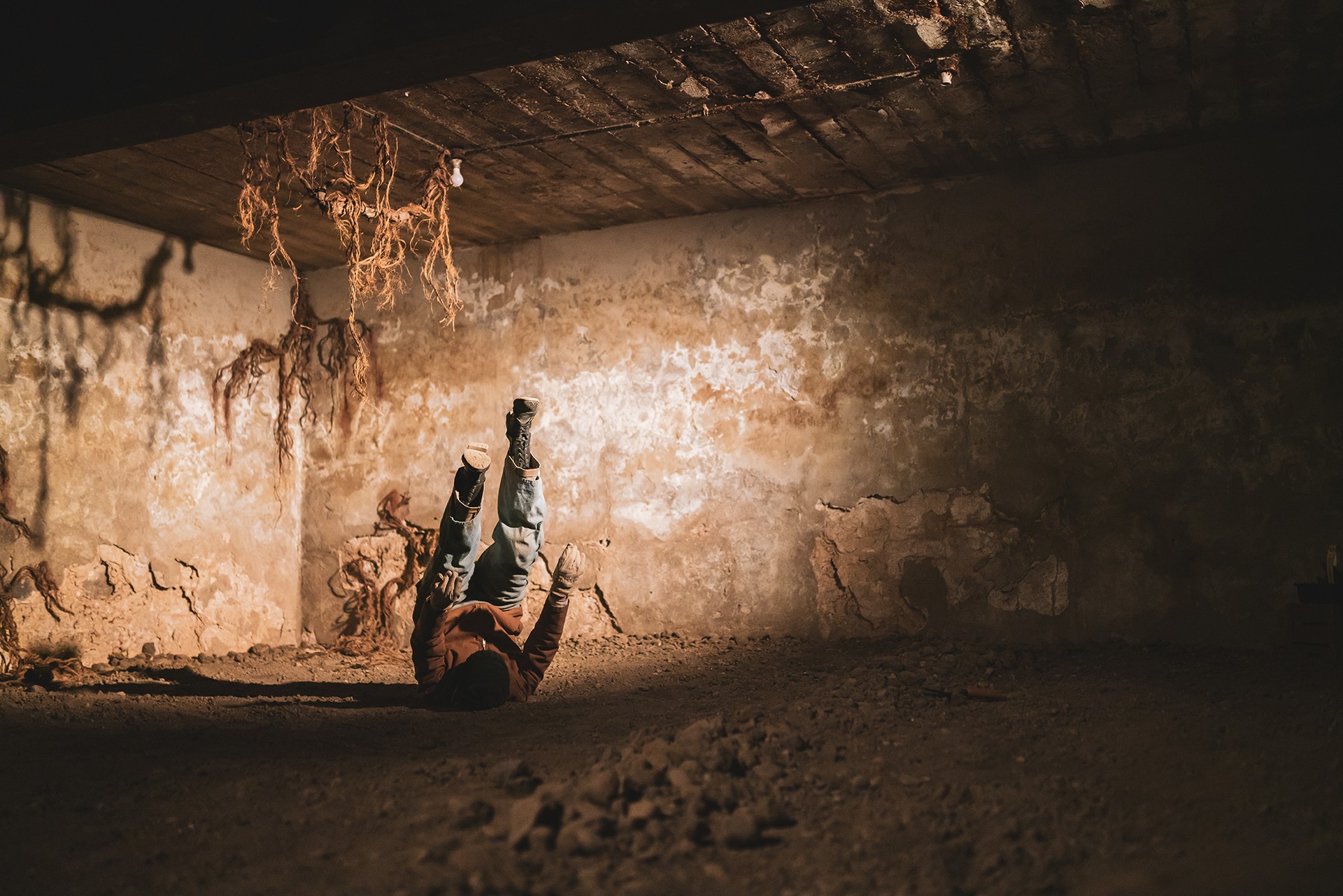We were lucky to catch up with Patrick Mueller recently and have shared our conversation below.
Patrick, appreciate you joining us today. Are you able to earn a full-time living from your creative work? If so, can you walk us through your journey and how you made it happen?
Control Group turns 15 this year. From the start, our goal has been to create a sustainable artistic practice for our circle of collaborators, and offer compensation that honors and enables their ongoing commitment. But it takes a seriously inhuman amount of effort to achieve that.
The local performing arts industry doesn’t have clear paths for artists to emerge and grow, or much infrastructure to support independent projects. I didn’t pay myself for the first 7 years, and the artist fees we were able to offer were well above average among companies like ours but still woefully inadequate. With virtually no outside support we ran a venue for our first 5 years, presenting hundreds of local works in the same under-resourced condition. It was 2017 before we started securing meaningful philanthropic support.
A lot of factors contributed to our growth from that point, but the foundation for growth was a shift in mentality. As an artist and a citizen I am disgusted by capitalist structures and mentalities, and have mostly tried to limit their hold and effect on me. But capitalism IS, whether we want it to be there or not, and instead of rejecting that reality we’ve worked to find compromises that hold to our values but accept our context. We spend a lot of our effort fundraising and gathering the resources we need for each project, and for taking care of our artists. In 2022 we took the ambitious step of breaking with industry practices of low-fee artist contracts and instead hiring all in-house project artists. Currently, everyone at Control Group, from myself to our newest performer, earns the same hourly wage. With an annual operating budget of $240,000, we’re still a tiny non-profit business, but we are stable, able to grow, and equipped to navigate unexpected challenges like we’ve all faced over the last several years.


Great, appreciate you sharing that with us. Before we ask you to share more of your insights, can you take a moment to introduce yourself and how you got to where you are today to our readers.
Control Group creates expeditionary performance – immersive, site-specific, audience-mobile experiences that take audiences literal and figurative journeys through their familiar world.
This is way different than traditional theater, where audiences sit in the dark half of a room and look through a frame into a world entirely fabricated by the artists. Our work embraces the richness of dynamic contexts, activating found spaces, natural settings, and surrounding cityscapes and landscapes, offering experiences where you can’t tell where the art ends and the “real” world begins. People who attend our work aren’t just viewers, they’re participants, able to move around in the world of the work, invited to help with tasks, talk with performers, and play roles within the show. The journey aspect is key, bringing us all into motion, shoulder to shoulder, working together and investing together in the experience we’re having.
I grew up in Colorado spending a lot of time outdoors. Our approach developed out of a desire to take audiences to amazing places, to create art in collaboration with those settings, and to offer artistic experiences that are about how we relate to the world around us. Our work celebrates the land, its ecologies and communities, the sensory experiences of the world around us and our responsibilities to leave that world better than we found it.



What can society do to ensure an environment that’s helpful to artists and creatives?
I grew up in Colorado. I left after high school, convinced there wasn’t a life available for me here if I wanted to pursue a career in the arts. I lived in L.A., New York, and Europe for a decade, and was thrilled to come home on a break and realize that I could grow something here.
I’ve seen a ton of growth in the Front Range arts scene over the last 15 years, and there’s still a lot of work we need done to create a thriving ecosystem. We’re starting to take ourselves seriously as a cultural center, which is good; but we need to give more effort to sending our work to other places, to build bridges and deepen dialogues. We have some solid institutions, and many incredible local artists, but we need more collaboration and dialogue within our community, and better pathways for artists to develop their careers and organizations to grow and be sustainable. That’s about more entry-level funding and tiered support; more infrastructure, such as venues that produce and present instead simply renting their space; and much more work by large institutions to support their communities.
And across the U.S., we simply need more funding in the culture sector, ideally as part of a larger redistribution of wealth and investment in communities instead of corporate entities.



We often hear about learning lessons – but just as important is unlearning lessons. Have you ever had to unlearn a lesson?
When I chose a career in the performing arts, it felt like a rejection of my love of wilderness and adventure. I thought I’d have to live in big coastal cities, spend every waking hour working, and never have discretionary time or income to escape, travel, have a family, or do much of anything outside of my career.
And that expectation was borne out for over a decade, as I worked for other companies and choreographers and then moved back to Colorado and started building Control Group. Honestly, I don’t think I would have succeeded if I didn’t spend that time embracing this grueling, monastic relationship with my art. What I was able to unlearn, though, that has made a huge difference in my well-being and the sustainability of my practice, was the boundary between my “work” and everything else. I realized I could bring my work into nature, integrate it with my family life, travel with it; and also that I could establish my own boundaries and find agency in how I met my work commitments.
Creating art outdoors and in fascinating found spaces allows me to be in nature and community AS I pursue my work. Creating a rehearsal studio, storage, and office at our home has created a set of resources shared by my company and my family. When we travel for work, we build in downtime for other adventuring. And as I learn to manage my workload and commitments, I’ve been able to carve out time for rejuvenation, family care-taking, and other things that make my life incredibly rich and well-rounded.
And excitingly, I can see many ways that Control Group’s work is laying foundations and blazing trails for new generations of artists to find this agency, balance, and ability to live their values without the punishing slog that I endured.
Contact Info:
- Website: https://www.controlgroupproductions.org/
- Instagram: https://www.instagram.com/controlgroupproductions/
- Facebook: https://www.facebook.com/ControlGroupProductions/
- Other: https://vimeo.com/controlgroupproductions/
Image Credits
“THE END” (2022) photos by Katie Weisberger “Aggregate Immateriality” (2019) photos by Nicholas Caputo “Burn Scar” and “After the Flood” (2021) photos by Edica Pacha Featured: The Apocalypse Bus Ronald McQueen and Krista Zozulia Al Blakeney Danielle Dugas Patrick Mueller Patrick Mueller Danielle Dugas and Kristine Whittle Caroline Sharkey


